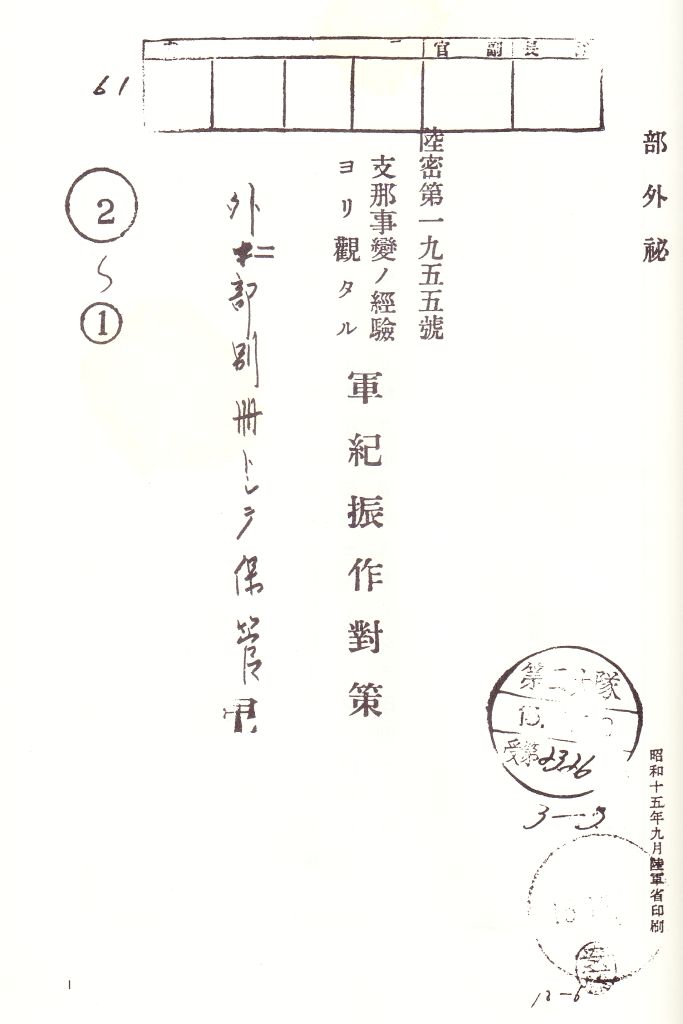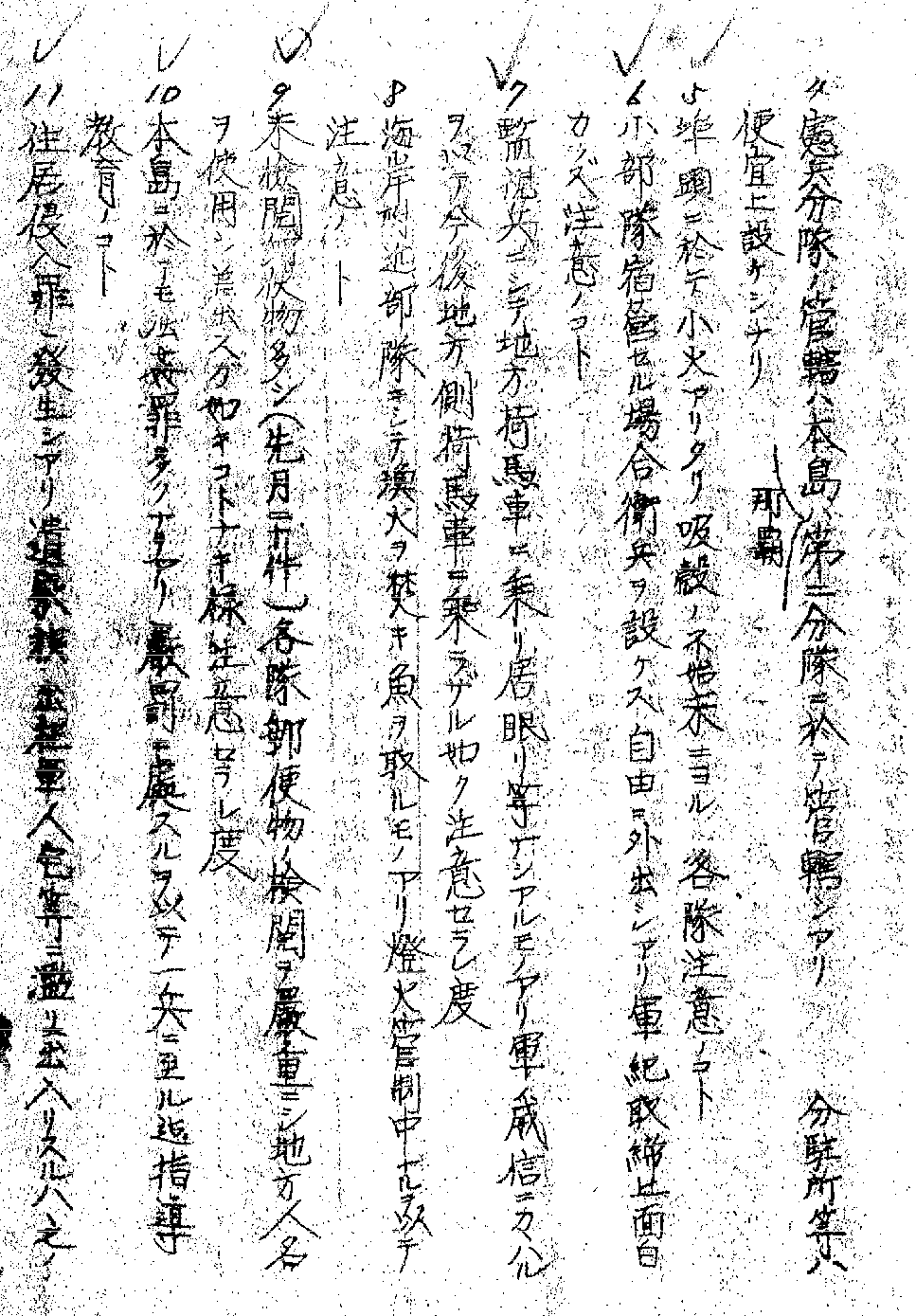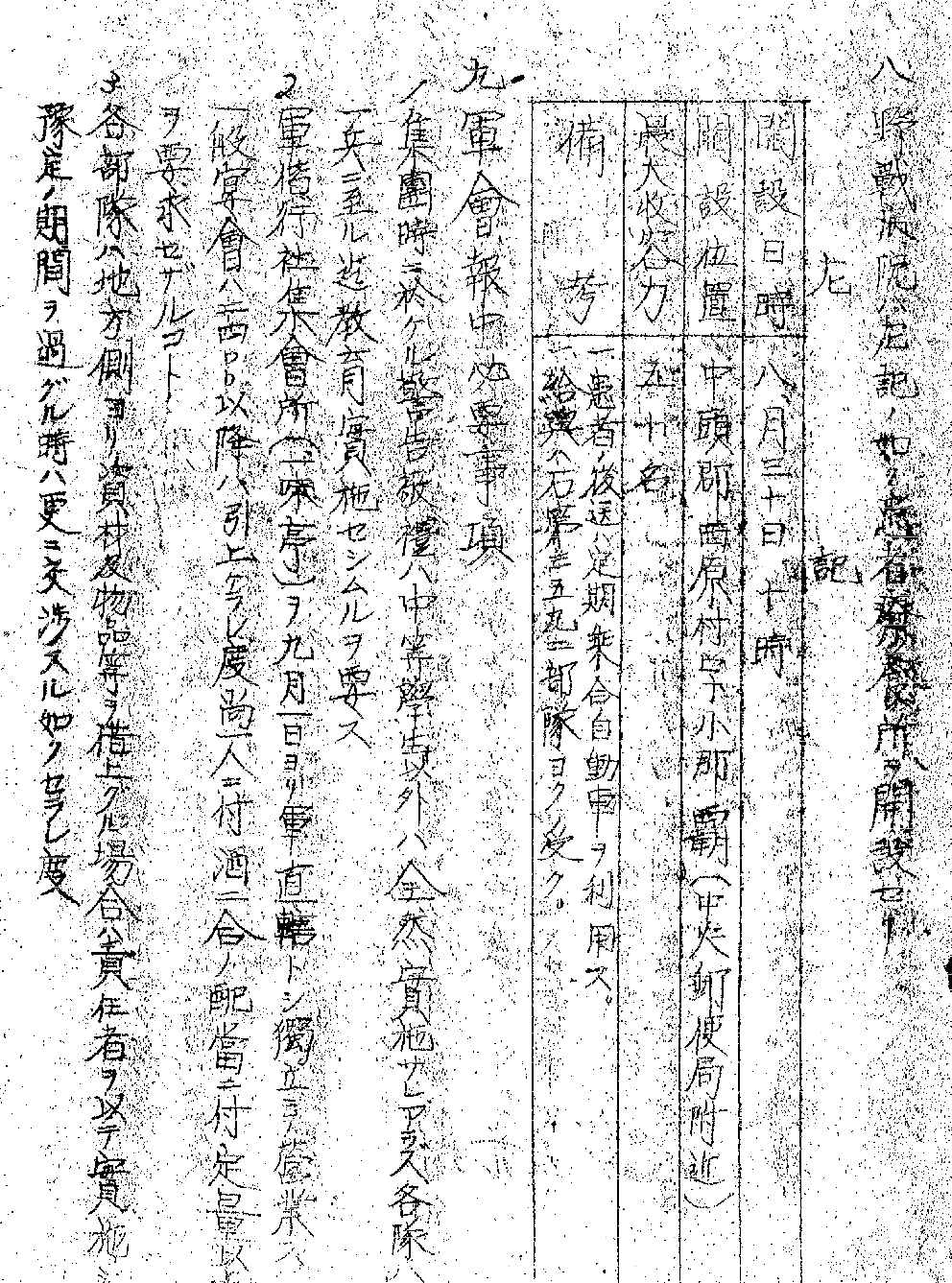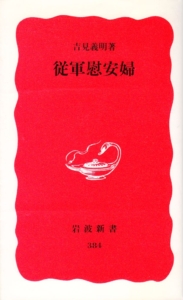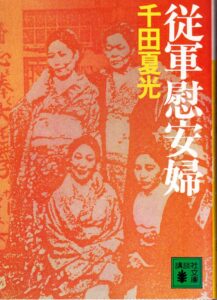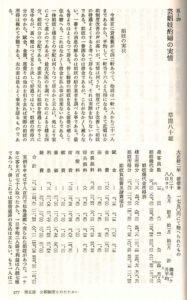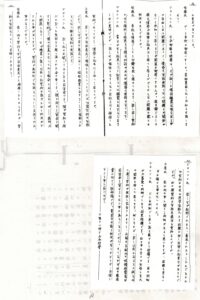here is even a point of view that says that one reason the Japanese military established comfort stations was to prevent rape; that their influence was positive because they served as a form of protection for local girls and women. Is this really true?
The Japanese military had established comfort stations throughout China since the winter of 1937. However, according to a document produced by the Ministry of War nearly three years later, in September 1940, Shina jihen no keiken yori mitaru gunki shinsaku taisaku (“Measures to Improve Military Discipline Based on Lessons Learned from the China Incident”) there were still many rapes and “rapes resulting in death or injury” by Japanese soldiers.
Comfort stations had been established throughout Southeast Asia since the beginning of the Asia-Pacific War. However, there was an August 1942 report (only nine months in), that “610 crimes were reported in the southern region, of which a large number are rapes. Many were committed by units diverted from China. Comfort facilities inadequate.” (Report by the Director of the Legal Affairs Bureau at a conference held at the Ministry of War). It was also reported in February 1943 that there had been an increase in things like soldiers raping women and fleeing.
In Okinawa at the end of the war, the Japanese military was progressively reinforced in preparation for U.S. military attacks. They established comfort stations in Okinawa from the beginning. However, Japanese military documents include phrases such as, “The number of rapes increased even on the main island” and “In consideration of the occurrence of sexual misconduct…” Local women were raped one after another, and the top-ranking military officials had to repeatedly issue notices to their men (Ishi heidan kaiho [Bulletin of the Stone Corps(the 62th Infantry Division)]).
Japanese soldiers continued to rape local women the entire time, irrespective of the fact that the comfort stations had been established.
What was the relationship between the use of comfort stations and violence against local women? According to a survey in the Chinese provinces of Hebei and Shanxi, (Kasahara Tokuji, Chugoku sensen ni okeru nippongun no sei hanzai [Sex Crimes Committed by the Japanese Military on the Chinese Front]), the Japanese military committed rape and rape murder throughout the war. However, in so-called “secure areas”, stationed and controlled by Japanese military, the military police cracked down on rape. They had to demonstrate that their forces were well-governed.
In contrast, those places where anti-Japanese forces had strong influence and the Japanese military couldn’t take control were called “hostile areas”. In these areas the Japanese military committed massacres, called the “three alls” strategy (kill all, burn all, loot all). Soldiers were allowed to rape or abduct women, forcing them into the comfort system. What this means is that while in the garrison and places like that the military police did crack down on rape, and soldiers were encouraged to make use of comfort stations; when on the front purging anti-Japanese forces, it was a different story and they were allowed to commit rape and looting. Therefore, the fact is that comfort stations and rape coexisted. For instance, the Japanese military frequently committed rape and recruited comfort women at the same time in the Philippines and China.
To really prevent rape, it is not only important to crack down on crimes committed by soldiers, but also to guarantee their human rights and improve their working conditions. However, many soldiers starved to death because of insufficient provisions. And they were also told that being taken prisoner was unforgivable and that they were to commit suicide in the case of capture. These are violations of the human rights of the soldiers. And these are the men that violated women’s human rights without hesitation. Both committing rape and forcing women to become “comfort women” are acts of human rights violations.

